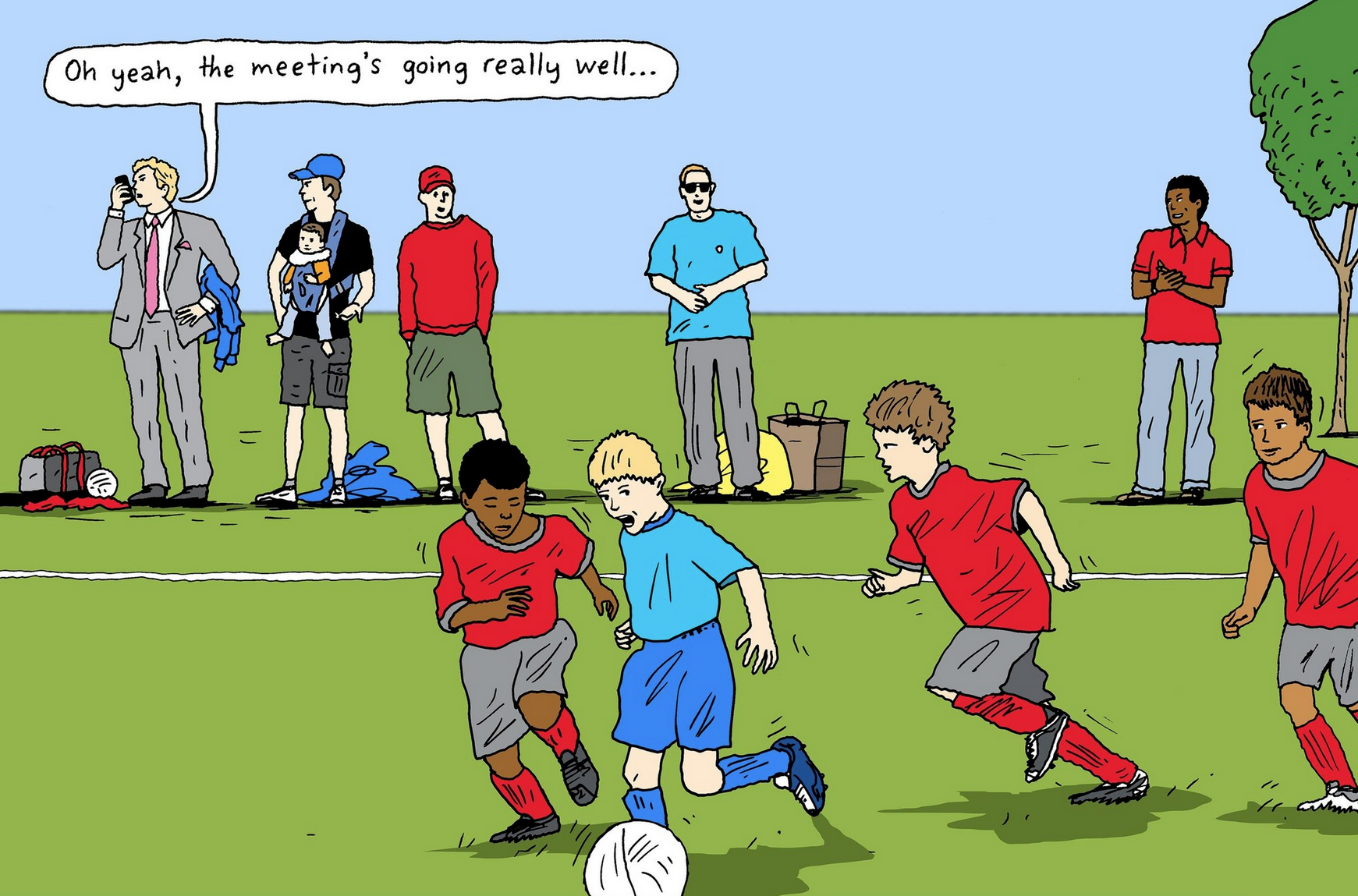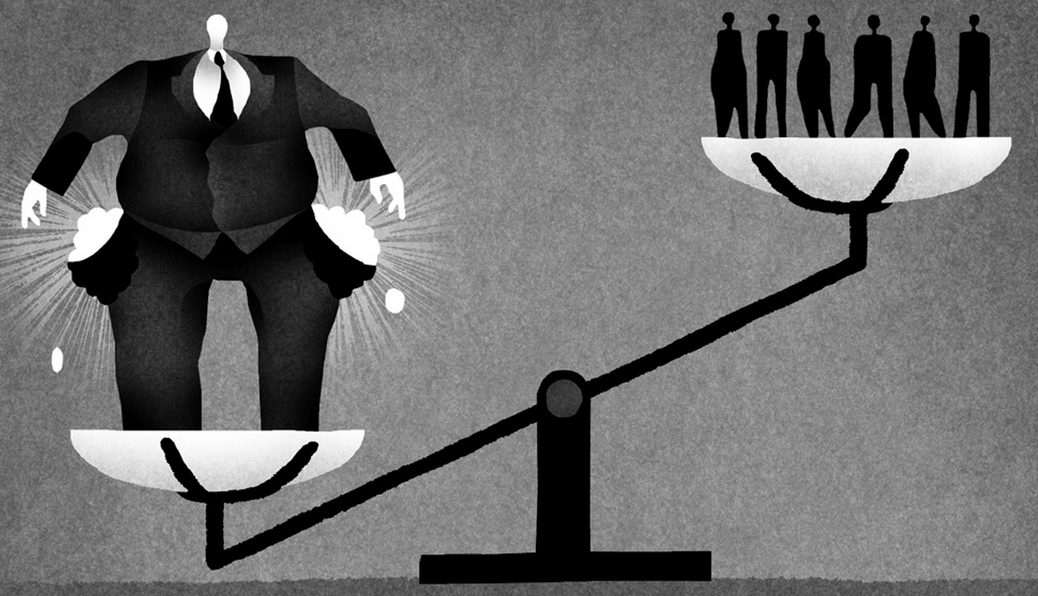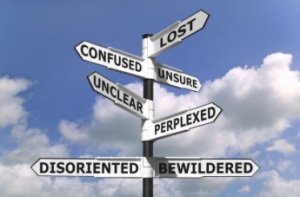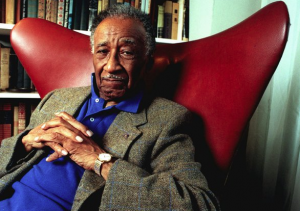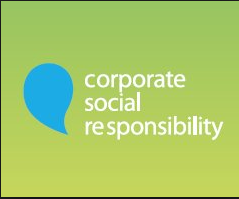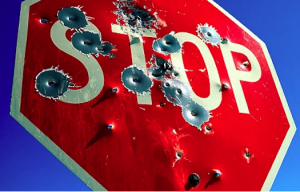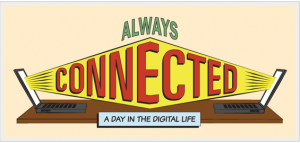Becoming Sane….Part III
In previous posts on the theme of ōbecoming sane in a turbulent, interconnected, unpredictable world,ö I described why conventional emotional resiliency doesnÆt work in the 21st Century; and what that means for building a psychologically healthy life in todayÆs world.
In this post IÆll explain why many of the conflicts men and women deal with today stem from this contradiction:Ā The criteria for adult psychological health accepted by the mental health professions and the general public doesnÆt really describe an adult. Nor, for that matter, does it describe psychological health.
A contradiction, to be sure, so let me explain: As we entered the world of the 21st Century our definition of psychological health was largely defined by the absence of psychiatric symptoms. The problem is, thatÆs like defining a happy person as someone whoÆs not depressed. ĀMoreover, sometimes what appears to be a psychiatric symptom reflects movement towards greater health and growth in a personÆs life situation.
But more significantly, our conventional view of psychological health is, in effect, a well-adapted, well-functioning child in relation to parents or parent figures.Ā Or, a sibling who interacts appropriately in a social context with other siblings. Either way, it describes a person functioning within and adapted to a world shaped and run by ōparents,ö psychologically speaking.
That is, we pretty much equate healthy psychological functioning with effective management or resolution of child- or sibling-based conflicts. For example, resolving and managing such child-based conflicts as impulse control; narcissistic or grandiose attitudes; and traumas around attachment, from indifference, abandonment, abuse, or parenting that otherwise damages your adult capacity for intimacy or trusting relationships.
Healthy resolution of sibling-type conflicts includes learning effective ways to compete with other ōsiblingsö at work or in intimate relationships; managing your fears of success or disapproval; containing passive-aggressive, manipulative or other self-undermining tendencies; and finding ways to perform effectively, especially in the workplace, towards people whose approval, acceptance and reward you need or crave.
ItÆs no surprise, then, that many people feel and behave like children in a grown-up world. Examples permeate popular culture.Ā A good one is the popular TV show, ōThe Office.ö It often portrays the eruption of these sibling-type conflicts, as the workers act out their resentments or compete with one another to win the favor of office manager Michael, another grown-up child who is self-serving and clueless about his own competitive motives and insecurity.
Unconscious child-type conflicts are often visible within intimate relationships and family life, as well.Ā They provide a steady stream of material for novels and movies. You can see, for example, fears of abandonment in a man who demands constant attention and assurance that heÆs loved; or low-self worth in a woman whoÆs unconsciously attracted to partners who dominate or manipulate her.ĀOf course itÆs critical that you learn to become aware of and manage effectively whatever emotional damage you bring from your early experiences into adulthood. We all have some.Ā ThatÆs a good starting point for adult psychological health, but itÆs not sufficient. ĀA well-adapted member of a community of other ōchildrenö and ōsiblingsö within a psychological world of ōparentsö is not the same thing as a healthy adult.Ā Especially not within todayÆs interconnected, non-linear world.
So ¢ without a picture of what a healthy adult would feel, think and do in the current environment, youÆre left with questions but few answers. For example:
- How can you maintain the mental focus to keep your career skills sharp and stay on a successful path at work when you suddenly acquire a new boss who wants to take things in a new direction? Or if your company is acquired by another, or goes out of business?
- How can you best respond, mentally, if you have a new baby and a drop in family income at the same time that globalization sidetracks your career?
- How can you handle the pressure to work longer or do more business travel when your spouse faces the same demands?
- WhatÆs the healthiest way to keep your relationship alive with fresh energy ¢ or avoid the temptation of an affair?
- And how do you deal emotionally with the threat of terrorism Ś always lurking in the background of your mind Ś while enjoying life at the same time?
We now live within a world where the only constant is change, and where a new requirement is being able to compete and collaborate with everyone from everywhere about almost everything.
Doing that with self-awareness and knowledge of how to grow and develop all facets of your being ¢ thatÆs the new path to adult psychological health.Ā But you need to know where to find the path.
Learning From The Business World?
Actually, I think we can learn a lot about whatÆs needed for psychological health from changes occurring in the business world. Continue reading →





